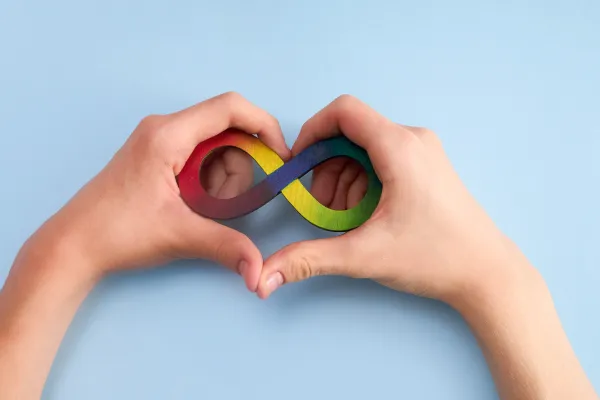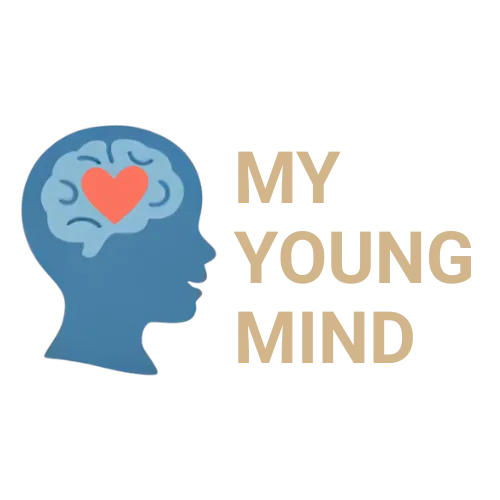
When Your Child Is Diagnosed with Autism: What Now?
When Your Child Is Diagnosed with Autism: What Now?
When your child is diagnosed with autism, it can feel like everything shifts.
You might feel relief — finally, an explanation. But there’s often a wave of emotion underneath that: fear, sadness, guilt, even grief.
This is all part of the journey. You're not doing it wrong — you're simply human.
And if you’re feeling lost in it right now, this blog is for you.
You're Not Alone — And You're Not Wrong to Feel This Way
Many parents feel an unexpected sadness when their child is diagnosed. Not because they don’t love their child exactly as they are — but because a dream quietly dissolves. The picture of how things were “meant” to be. School. Friendships. Independence. Ease.
There’s also fear:
Will they be okay?
Will I know how to support them?
What if I get it wrong?
Then comes guilt:
Did I cause this?
Did I miss something?
Am I a good enough parent for this?
And sometimes, silently, there's loneliness. Like the rest of the world doesn't quite get what you're carrying. Like you’re now living in a different parenting reality than everyone else.
But all of this — every single bit — is normal.
And there's something else you need to know…
You’re Still the Best Person for This Job
You may not feel like it right now, but you already have what your child needs most: your love, your presence, and your wisdom.
Not someone else’s idea of how to parent an autistic child.
Not a perfect set of strategies.
Just you.
There’s a quiet knowing inside you — a sense of what’s right and true for your child. Sometimes we lose touch with it because we’ve got so many opinions in our head. But that inner knowing? It’s still there. It hasn’t been taken away by their diagnosis.
What You Feel Changes What You See
Here’s something we don’t talk about enough: how much our state of mind affects how we see our child.
In a low mood, our thinking gets heavier. The future looks darker. We feel overwhelmed and less capable — and we start believing every fear-filled thought that passes through. We imagine years ahead. We panic. We think we need to fix something now.
But moods shift — they always do. And in a lighter state of mind, things don’t feel as impossible. You get more creative. You’re more resourceful. You remember who your child really is.
So it’s not about never feeling low. It’s about recognising your state of mind — and not building your reality from the lowest place inside you.
Your Child Is Not Their Diagnosis
The world may now see your child through the lens of a label — but you don’t have to.
Have you noticed there are moments when they seem completely free? Like the diagnosis disappears?
That’s real. That’s still them.
We all have moments where we’re more than our struggles — more than our moods, more than our thoughts. Your child has that too. Autism is a description, not a definition.
It can feel tempting to talk about their neurodivergence as a “superpower” — to reframe it as something special. But maybe we don’t need to swing so far in either direction. Maybe it’s okay that they’re different — just like everyone is different. Maybe they don’t need fixing or glorifying.
They need seeing.
Be Careful What You Communicate — Even Quietly
When we think of our child as “different,” we can unconsciously start parenting to that identity. We make allowances. We stop pushing. We treat them more gently than their siblings, not from love, but from worry.
Children pick up on this. It shapes how they see themselves. And suddenly, they feel “other.” They become more self-conscious. More anxious. Not because of the diagnosis — but because of the story around it.
Instead of emphasising their differences, what if we saw their sameness?
Their capacity for joy, resilience, connection, wisdom.
Because it’s all still there.
You Don’t Have to Fight This
One of the most exhausting things we do is try to think our way through every possibility. To work hard at being okay. To research, manage, plan, fix.
But peace of mind doesn’t come from doing more. It comes from letting your mind settle.
Ever notice that when you stop fighting with your thoughts, they lose their grip? That when you’re not constantly thinking about your child’s diagnosis, your own sense of peace comes back?
You don’t need to make everything okay to feel okay.
When you stop trying to “get there,” clarity has space to rise.
Solutions appear. You connect more easily. You hear your own wisdom again.
And that wisdom is what your child needs most.
So If You’re Struggling Right Now…
It’s okay.
But just know: nothing essential has been lost.
Not in your child.
Not in you.
Their diagnosis doesn’t mean there’s something missing.
It means they process the world differently.
And when we slow down, settle our minds, and look again — we can start seeing differently too.
If this speaks to you and you’d like to explore things more deeply, I offer 1:1 support for parents navigating the ups and downs of parenting a neurodivergent child. Together, we’ll create space for calm, insight, and a new way of seeing your child — and yourself.
Visit myyoungmind.com to learn more and book a free conversation. I’d love to support you.
